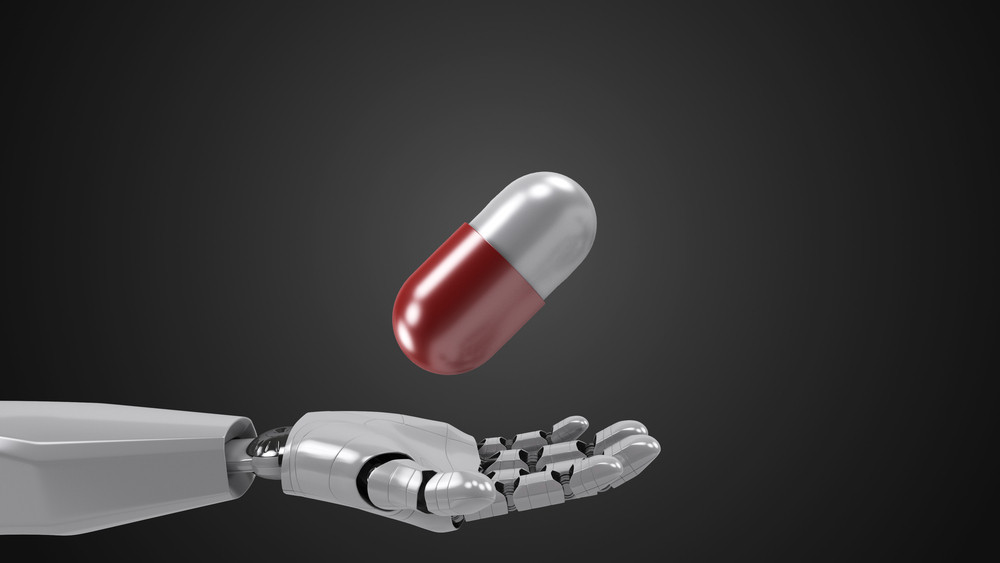Popular Reads
Top Results
Can't find what you're looking for?
View all search resultsPopular Reads
Top Results
Can't find what you're looking for?
View all search resultsUS researchers use AI to develop powerful new antibiotic
Change text size
Gift Premium Articles
to Anyone
I
n a first, US researchers have used artificial intelligence to identify a powerful new antibiotic capable of killing several drug-resistant bacteria.
Antibiotics have been a cornerstone of modern medicine since the discovery of penicillin, but their effectiveness has seriously diminished in recent years as overuse has led to bacteria becoming resistant.
The scientists at MIT and Harvard trained a machine learning algorithm to analyze chemical compounds capable of fighting infections using different mechanisms than those of existing drugs.
Their findings were published in the journal Cell on Thursday.
"Our approach revealed this amazing molecule which is arguably one of the more powerful antibiotics that has been discovered," said James Collins, a professor of medical engineering at MIT and one of the paper's senior authors.
The team trained the model on about 2,500 molecules, identifying a compound they called "halicin" -- after the fictional artificial intelligence system from 2001: A Space Odyssey -- for real world testing on strains of bacteria taken from patients and grown in lab dishes.
It was able to kill many bacteria that are resistant to treatment, including Clostridium difficile, Acinetobacter baumannii, and Mycobacterium tuberculosis.
Read also: WHO maps dangerous misuse of antibiotics
It also cured two mice with A. baumannii, which has infected many US soldiers in Iraq and Afghanistan.
The strain of the infection in the mice was resistant to all known antibiotics, but a halicin ointment completely cured the mice within 24 hours.
The idea of using predictive computer models for discovery of drugs is not new, but had never been successful until now.
"The machine learning model can explore... large chemical spaces that can be prohibitively expensive for traditional experimental approaches," said Regina Barzilay, a professor of computer science at MIT.
The development raises hope for the future of antibiotics, and comes at a critical time: It is predicted that without immediate action to discover and develop new drugs, deaths attributable to resistant infections will reach 10 million a year by 2050.
The researchers plan to study halicin further and work with a pharmaceutical company or nonprofit to develop it for use in humans.











